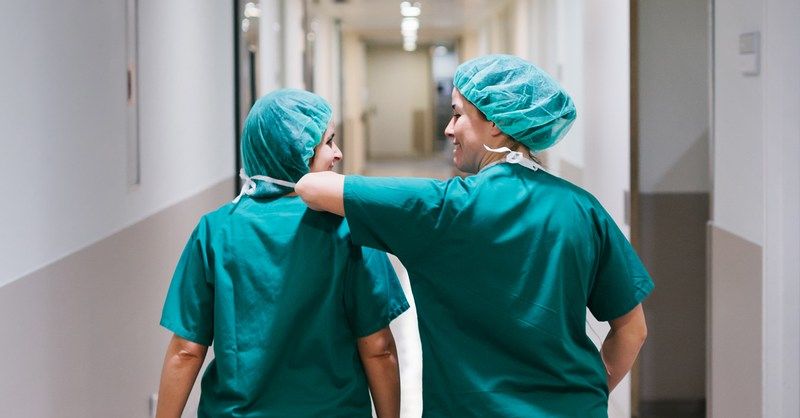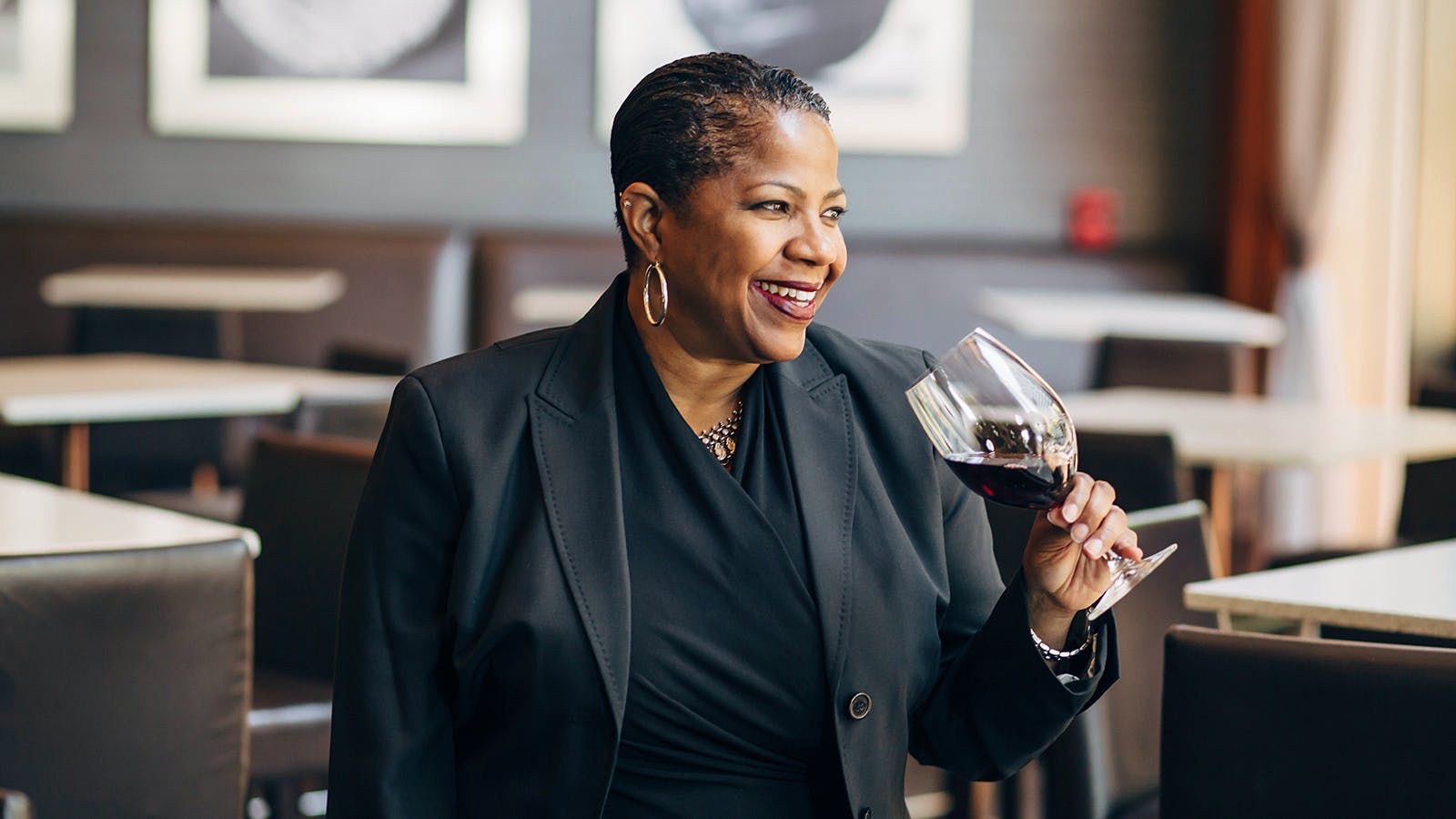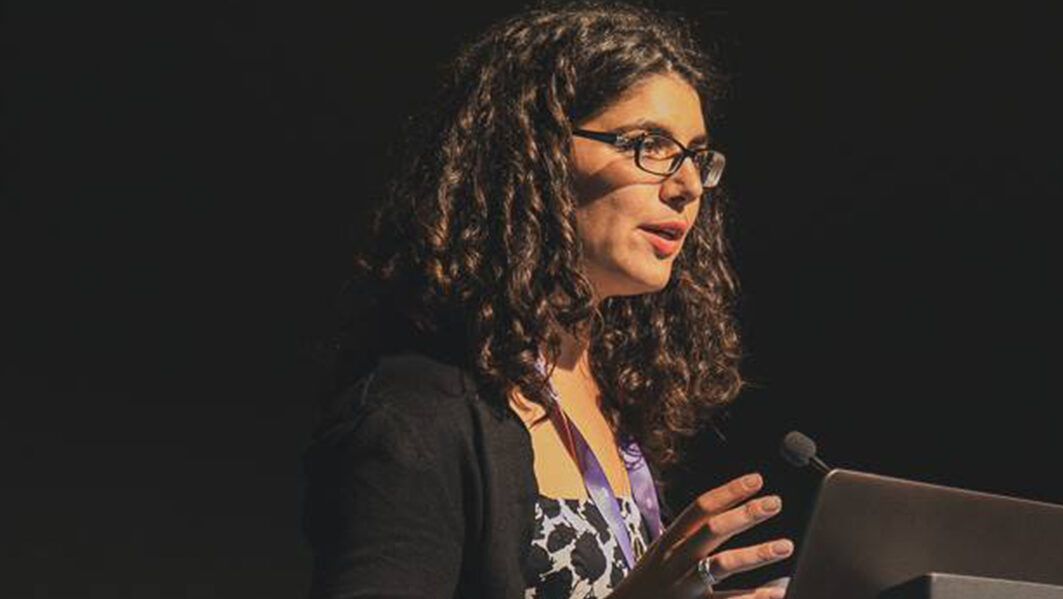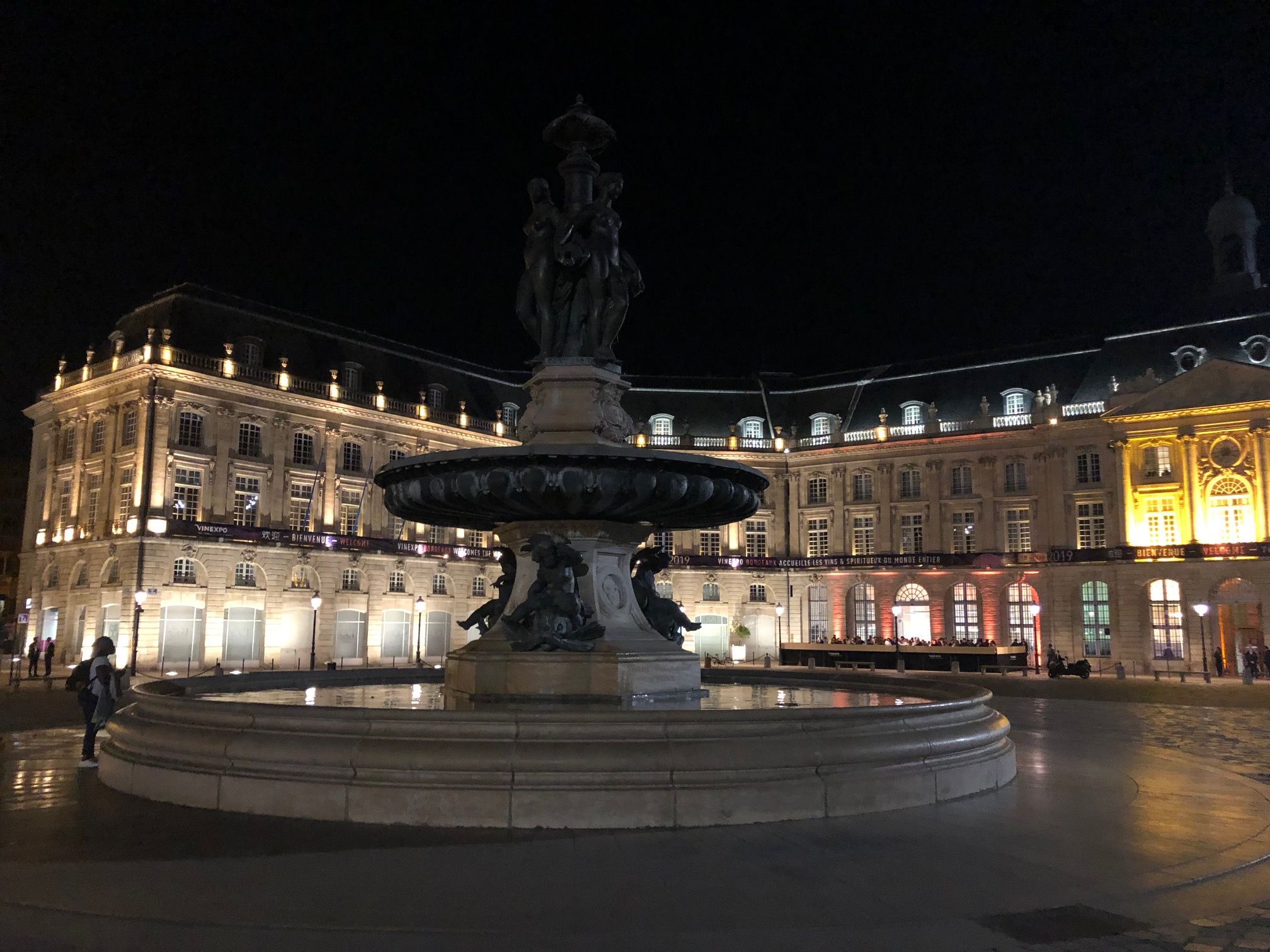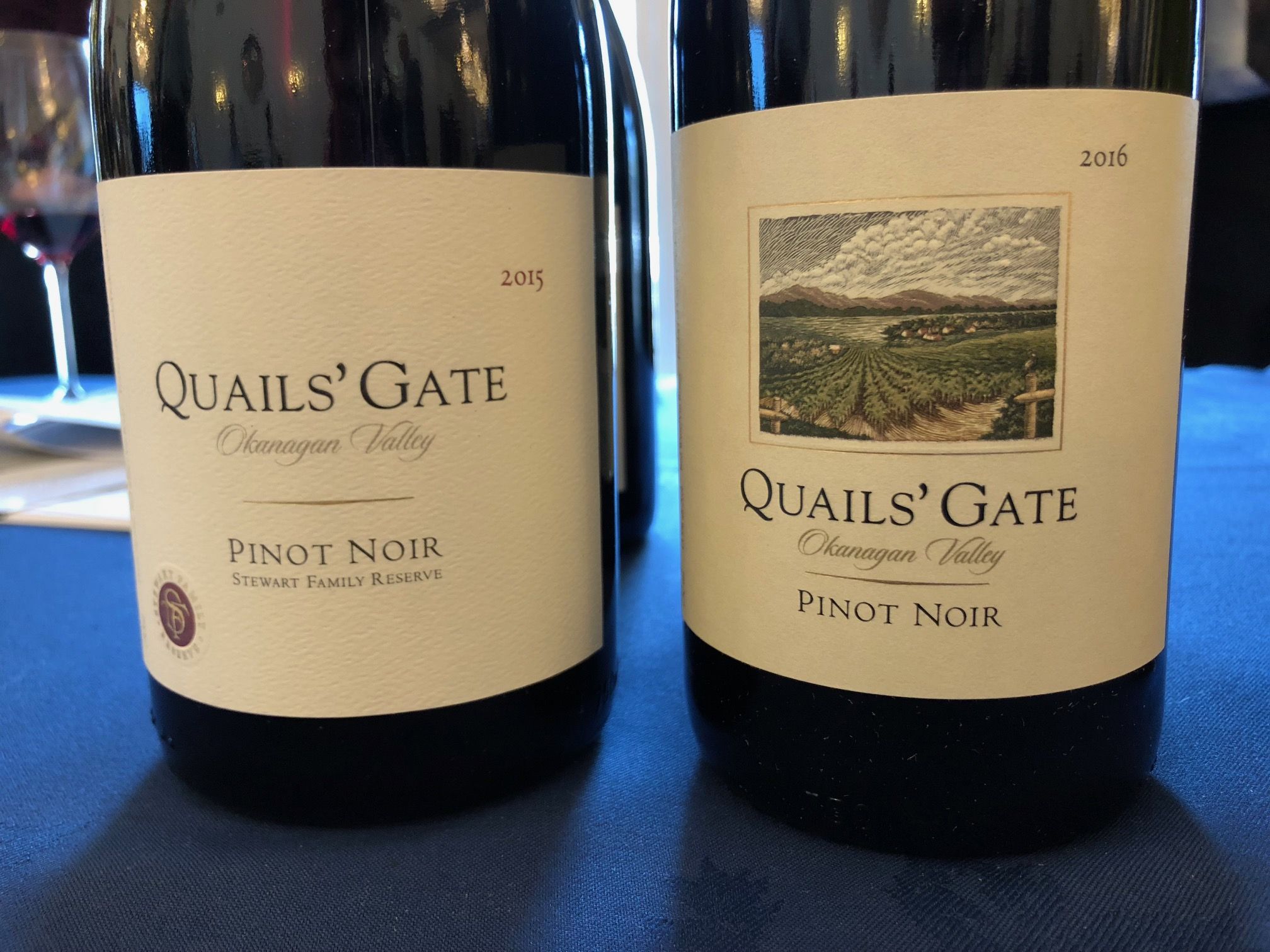Tell us about the new research you have done?
We have just launched our latest publication Rethinking Education: Shaping the Future of the Wine Trade. This whitepaper addresses the big issue of the lack of profitability and staff shortages in the wine industry and questions the role of professional wine education in addressing these issues.
We looked primarily at trade education, and so didn’t consider viticulture or wine production. The question we asked was whether the wine trade has the right skills and, if not, how to nurture them.
Why did you want to focus in on education and the new skills that might be needed?
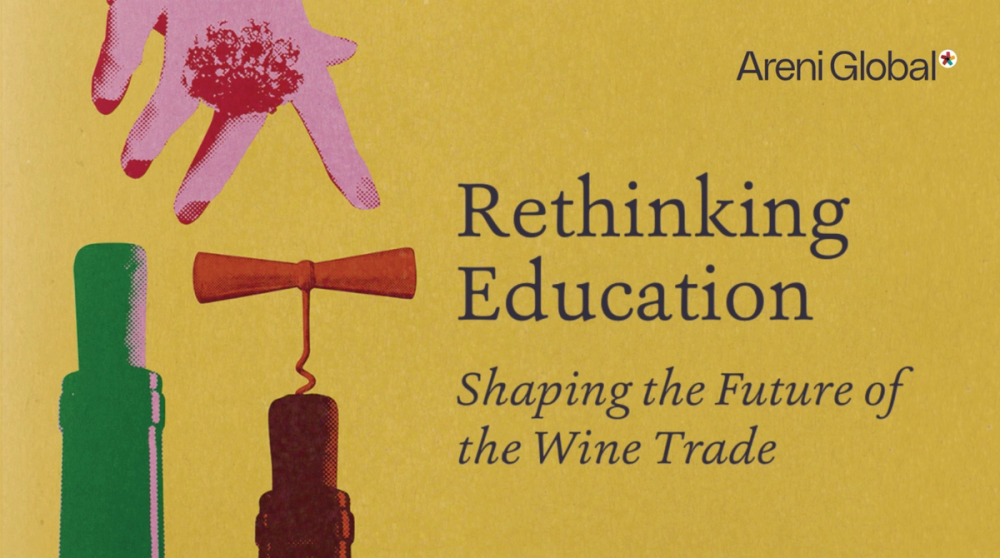
Areni Global's new breakthrough research into the new skills the wine industry needs to attract
We started this study because of a few observations. First, the wine trade is still an attractive place to work.Just tell people you work in wine and more often than not, you will see their eye sparkle with interest and even envy sometimes.
Second, the ranks of people who want to learn about wine keep growing. In September 2024, the Wine & Spirits Education Trust (WSET) reported that it had experienced a 15% increase in candidates for its Diploma globally. More students than ever are also enrolling in its other courses, a situation that is being reported across the wine education landscape.
But despite this, the industry still struggles with recruiting talent.
And finally, the wine trade is also, famously, a financially difficult business and we are heading towards an even more difficult economic environment.
So people like the idea of working in the wine trade and are motivated by learning about wine, but yet, despite that interest, companies can’t find the talent they need to drive them towards profitability.
Quite logically, we wondered if one possible reason for the mismatch between the desirability of the wine trade as a career path but the trade’s overall difficulty in making a profit could be because it’s not attracting candidates with the right mix of skills, and questioned the current models of professional wine education.
After 18 months of research, we can confidently say that there is a discrepancy between what we like to learn — or teach — and what we need to know. What our research shows is that if we were to rethink wine education, it could lead to greater profitability that in turn will allow higher salaries and a better ability to attract the right candidates.
What was the process of doing the research in terms of interviews, the companies covered and the information gathered?
We wanted to hear from all parties involved in professional wine education: academics and head of MBA programmes, certification bodies and educators, but also people currently working in the trade, to understand how wine education intersects with the trade.
But most importantly, we wanted to talk to recruiters and identify the skills that they find hardest to find.
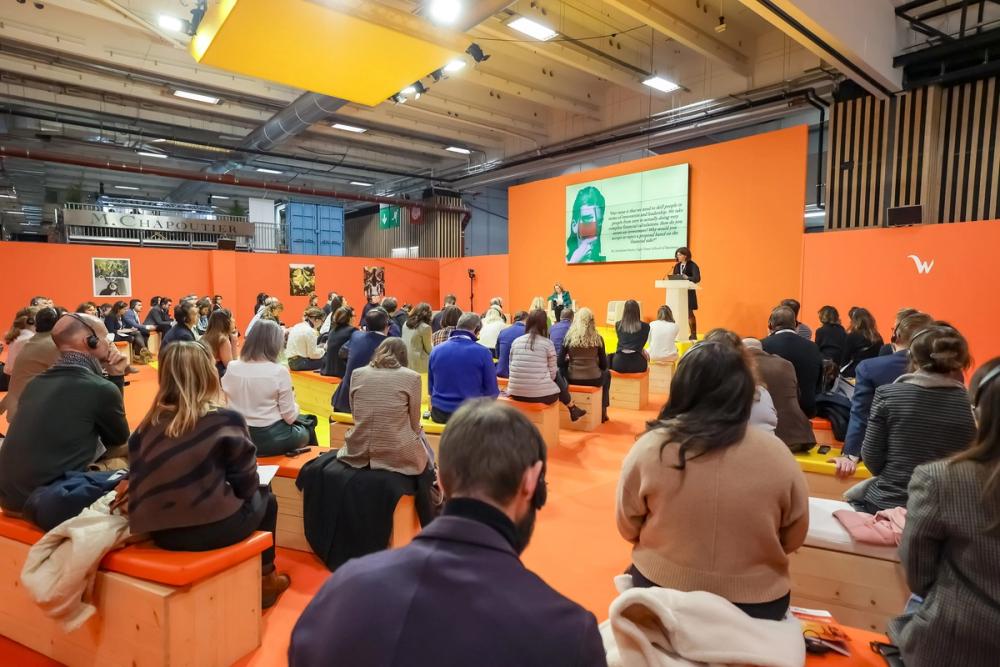
Pauline Vicard presenting Areni Global skills whitepaper at Wine Paris. Picture Phil Labeguerie
We started with several rounds of qualitative research, including workshop sessions and face-to-face interviews, followed by a quantitative phase where we analysed more than 130 questionnaires.
What are the main themes to come out of the research in terms of where you see the key skills gaps?
It’s clear that both wine education and the trade itself focus on product knowledge.Companies are still looking for candidates with a core understanding of how wine is made, where it comes from and what differentiates one SKU from the hundreds that they have to sell. Existing wine education does a great job on that front. Only 12% of recruiters reported that wine knowledge is a missing skill. But for many respondents, the misuse of wine knowledge was an issue: the more people know, the less they are willing to sell anything but the expensive stuff. Not only that, but many students who do sign up to learn wine with the intent of making a career of it often have a false idea of what the wine market is like. Within the 12% of respondents who said that there was a deficit of wine knowledge, 45% reported a lack of core knowledge and tasting skills, along with an equal lack of knowledge about distribution.
What was missing were business skills. We heard, over and over, that businesses struggle to find candidates with financial acumen, project management and strategic thinking, as well as sales and marketing skills. In particular, businesses are looking for sales professionals, and people who can understand consumer research and data analysis.
As one respondent said: “You can’t just have wine geeks who have no idea how to sell anything”.
We also heard about a lack of high-level communication skills, including a need for better listening, speaking and writing skills.
Soft skills will always be important in wine, because it’s such a people business, so being able to establish long-terms relationships requires professionalism and excellent interpersonal skills, as well as flexibility.
If the wine world is to maintain profitability in the turbulent times ahead, it needs candidates with more than good product knowledge. Building educational programmes that balance wine knowledge and business skills is critical for the future of our industry.
What surprised you most from the findings?
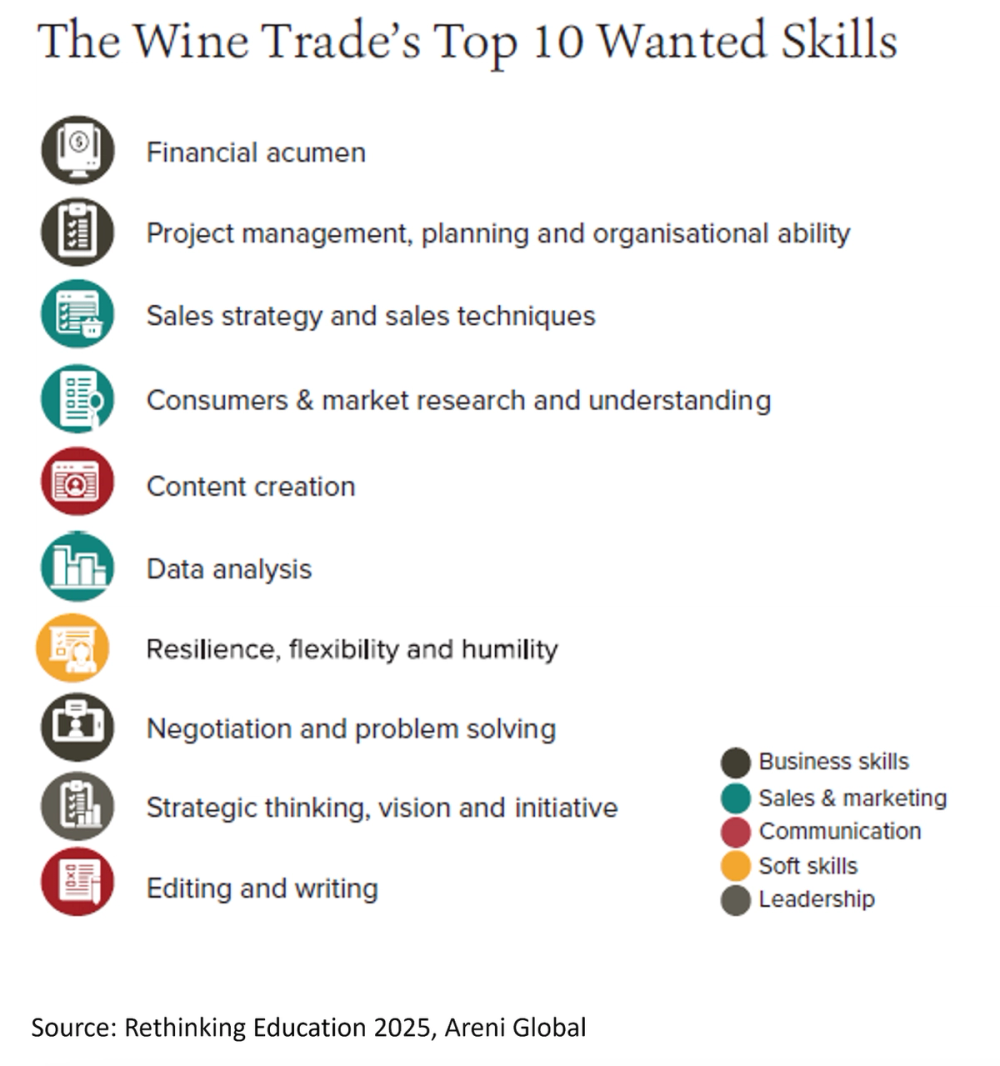
The key skills areas that Areni Global thinks the wine industry needs to invest in
One insight came as a shock to me, and that was the fact that none of the people we interviewed had planned on a wine career, unless they came from a wine family. Looking at the current members of the trade today, everyone seems to have fallen into wine somehow. They’re people who wanted a career in hospitality and later fall in love with wine working on the floor or they developed a love for wine during their first career, and then made a change attracted by the lifestyle opportunity the wine trade offers.
No one, not even inside the wine trade, considers the wine industry as a career path. This is a key weakness. Many members of the wine industry knew very little about the trade itself when they entered it and were unaware of the types of roles and opportunities that are available. People enter the industry because they are fascinated by the product but not by the job they will be doing.
This has major implications for recruiting the next generation. After all, if talented students and professionals are not even aware they can work in wine, they are unlikely to seek the opportunity to do so.
What do you hope to do with the findings in terms of working with the industry to take the next steps and potentially find new ways of bringing different skills into the industry?
Over the course of the research, it became clear that there are many solutions, from education that gets students excited about innovative approaches to business, to ongoing professional development.
We believe this report offers a roadmap to solving some of the wine trade’s most pressing problems and we are looking forward to partnering with academics, certification providers, general bodies and companies and work with them on their current education offers, and on how they could seize the many opportunities revealed by this report.
The report is one of a number produced by Areni - what other areas have you been focusing on you would like to highlight?
Areni Global looks at the future of fine wine in terms of production, distribution and consumption. We have just finished a research project on distribution with a podcast series dedicated to La Place de Bordeaux and its impact on the global fine wine market.
This year, our new research project is New Consumers, New Narratives, where we explore how the fine wine sector can engage with new generations of consumers in a meaningful way. Our dedicated podcast series can be found on all platforms and the written analysis will be coming up in the next few months. People can subscribe to our newsletter as we will be publishing results along the way. And, finally, we’re a membership-based organisation, so throughout the year we’ll be running our online and offline events so that people can come together to talk about these kinds of serious issues, and also network with one another.
* You can find out more about Areni Global at its website here.
* You can access the Rethinking Education white paper here.

